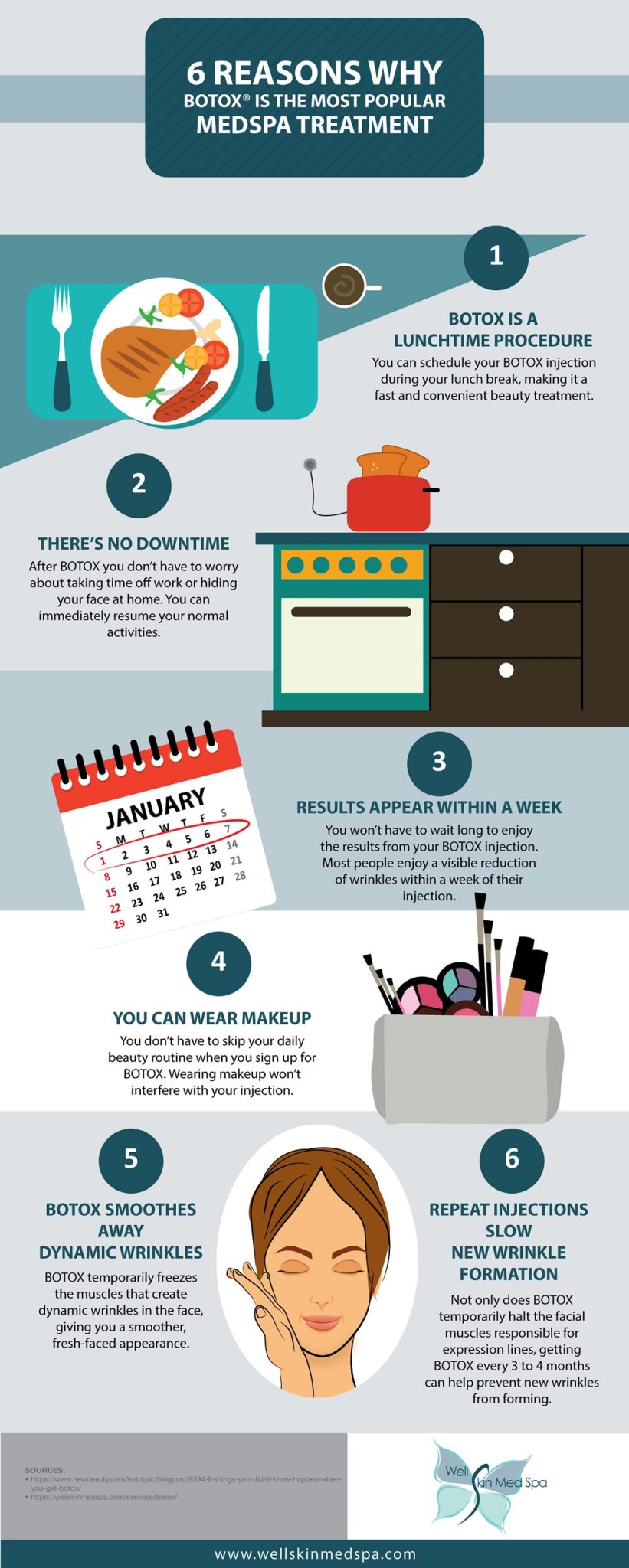Interested Regarding Refractive Lens Exchange? Discover Necessary Insights And Solutions That Can Transform Your Vision Trip
Interested Regarding Refractive Lens Exchange? Discover Necessary Insights And Solutions That Can Transform Your Vision Trip
Blog Article
Produced By-Kincaid Lorentzen
If you're thinking about refractive lens exchange, you possibly have a great deal of questions. This treatment can change just how you see the world, using benefits like lowered dependence on glasses. However, it's important to understand the procedure, risks, and who qualifies as a great candidate. Let's discover these critical elements so you can make an informed decision about whether RLE is right for you.
What Is Refractive Lens Exchange and Exactly How Does It Work?
Refractive lens exchange (RLE) is a procedure designed to change your eye's all-natural lens with an artificial one, dealing with vision concerns like nearsightedness, farsightedness, or presbyopia.
Throughout the procedure, your cosmetic surgeon makes a tiny cut in the eye, eliminates your all-natural lens, and inserts an intraocular lens (IOL) tailored to your vision requires. This outpatient surgery normally takes around 15 to thirty minutes per eye and is executed under neighborhood anesthesia.
You'll likely see renovations in your vision virtually promptly, though total healing may take a few weeks. RLE is specifically helpful for those over 40 or with high prescriptions, offering a resilient option contrasted to glasses or call lenses.
Link Website can help determine if RLE is right for you.
What Are the Benefits and Dangers of Refractive Lens Exchange?
Selecting refractive lens exchange can bring about considerable improvements in your vision, yet it is essential to evaluate both the advantages and threats prior to deciding.
On the bonus side, this procedure can improve your vision by remedying issues like presbyopia, myopia, and hyperopia. Numerous clients take pleasure in decreased dependence on glasses or call lenses, which can considerably improve their lifestyle.
Nonetheless, it's essential to consider prospective threats. Complications can consist of infection, glare, or halos around lights.
There's likewise a chance of overcorrection or undercorrection, which may call for additional procedures.
Who Is a Perfect Candidate for Refractive Lens Exchange?
If you're thinking about refractive lens exchange, it is essential to understand whether you fit the profile of an excellent prospect. Usually, https://markets.businessinsider.com/news/stocks/farooq-ashraf-md-facs-pilots-the-introduction-of-fda-approved-alternative-to-lasik-smile-with-astigmatism-in-georgia-1027642156 may be a good prospect if you're over 40, experience presbyopia, or have high degrees of nearsightedness or farsightedness.
It's additionally crucial that your vision is stable, indicating your prescription hasn't altered substantially in the past year. If you have cataracts or other eye conditions, you could benefit from this procedure too.
However, specific variables, like uncontrolled diabetes or autoimmune illness, can disqualify you. To identify your candidacy, speak with an eye treatment expert that can review your certain scenario and suggest the most effective course of action customized to your demands.
Final thought
Finally, refractive lens exchange can be a transformative option for improving your vision, specifically if you more than 40 or have a high prescription. While the advantages are substantial, it's crucial to evaluate the risks and speak with your eye care specialist to figure out if you're an optimal prospect. With the right details and support, you can make a notified decision and possibly delight in a life with decreased dependence on glasses.
